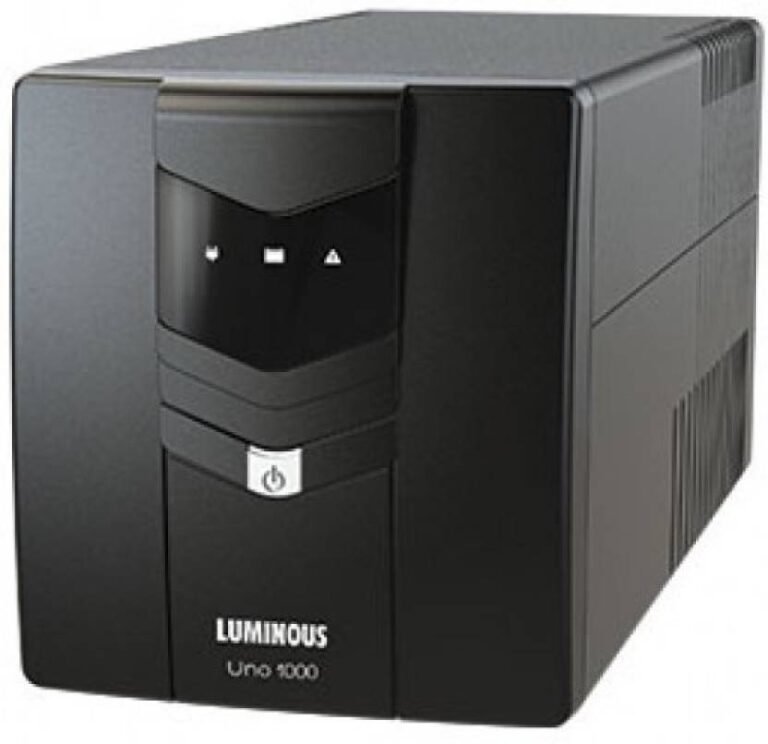

As per Luminous, the plan is to utilize the power of these chips to accelerate AI training. The startup plans to employ silicon photonics tech to create supercomputers that are entirely optimized for artificial intelligence workloads. A supercomputer to help ease ai workloads It also utilizes them to function internal apps. Google provides these chips via the public cloud. Their main aim is to develop chips having 3000-times more power than TPU (or Tensor Processing Unit), a chip made by “Google LLC” to run AI models. This is the entire vision of Silicon Photonics that Luminous aims to achieve: to leverage light instead of electricity to perform calculations. In some instances, light travels significantly quicker than electricity. Silicon photonics tech takes an alternative approach: rather than electricity, the tech encodes data in the shape of light. Processors manipulate the electricity by shifting it from one transistor to another to execute calculations. This supercomputer relies on “Silicon Photonics,” a tech capable of speeding up various computational tasks.Ĭonventional processors keep data they process in the shape of electricity. Luminous is developing a supercomputer to function AI models.

Silicon photonics – the tech behind the supercomputer Here are a few notable investors that participated in the “Series A” round: The startup recently unveiled they had closed a stunning $105M funding from their diverse investors. Luminous Computing – a relatively new startup – is developing a one-of-a-kind supercomputer to run AI models. Luminous Computing, a company developing light-based artificial intelligence (AI) accelerator chips, raises a staggering $105 million in investments.


 0 kommentar(er)
0 kommentar(er)
